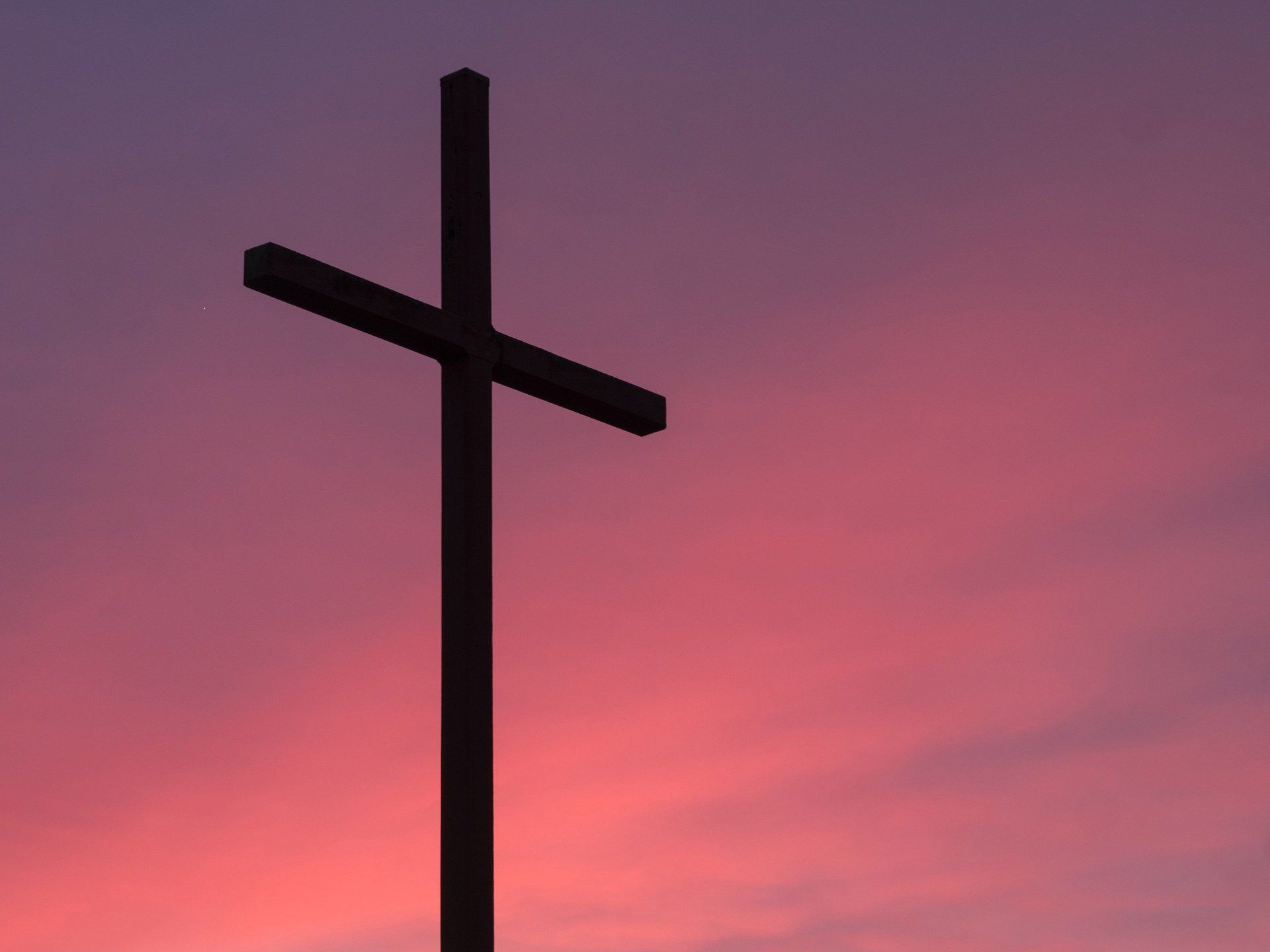Welcome
St. Francis Xavier Parish
Bienvenido a la parroquia de S. Francisco Xavier
"The Lord sent me to bring glad tidings to the poor and to proclaim liberty to captives." -Lk. 4:18
"Me ha enviado para proclamar la libertad a los cautivos, para poner en libertad a los oprimidos.
(Lucas 4,18)
Join us on Ash Wednesday, February 18, as we begin our Lenten journey with prayer and the imposition of ashes.
- Mass at 9:00 am with imposition of ashes and Holy Communion.
- Communion service at 6:00 pm with imposition of ashes.
All are welcome to receive ashes as a sign of repentance and our desire to walk more closely with Christ this Lent.
Acompáñenos el Miércoles de Ceniza, 18 de febrero, para iniciar juntos el camino de Cuaresma con oración y la imposición de las cenizas.
- Misa a las 9:00 am con imposición de cenizas y Sagrada Comunión.
- Servicio de comunión a las 6:00 pm con imposición de cenizas.
Todos están invitados a recibir las cenizas como signo de conversión y de nuestro deseo de seguir más de cerca a Cristo en esta Cuaresma.
Our faith community and I, Fr. Francis are delighted that you and your family have chosen Saint Francis Xavier Parish as your place for worship. Saint Francis Xavier, S.J. (Society of Jesus) showed a great zeal for missionary work, and just as him we strive to follow on the footsteps of such a great preacher and evangelizer for the Malaysians.
We welcome you as Christ! Whether you are a member or a visitor, we pray that you find Christ among our brothers and sisters in the faith and trust that the word of God would stir your heart to actively listen and be prompted to action for the greater glory of God.
OUR MISSION
As members of St. Francis Xavier Roman Catholic Church, we are a multicultural community guided by the Holy Spirit and the Catholic Church. Our family of faith leads a Christ-centered life to enrich our world through sacrament, worship, service, and hospitality.
Follow parish life and events at our St. Francis Xavier Facebook Page.
6th Sunday in Ordinary Time
How should we respond to the offer of salvation that God makes to us? The liturgy of the sixth Sunday in Ordinary Time offers us some answers. Among the various reflections that the readings present, one stands out: God calls us to a transcendent destiny, to a sublime vocation, to complete and eternal happiness. We cannot, through neglect, comfort, or lack of commitment, ignore a proposal that assures us of life in its fullness.
In the second reading, the apostle Paul presents God’s saving plan (what he calls the “wisdom of God” or the “mystery”). It is a project that God prepared from the beginning “for those who love Him,” hidden from human eyes but revealed by Jesus Christ through His person, His words, His actions, and above all, through the gift of His life to the very end. On the cross where Jesus gave His life, we see—vividly and unmistakably—the love that God has for us; in that love, we discover the path that leads to salvation and to our full realization.
The first reading, however, tells us that we are free to choose between God’s proposals (which lead to life and happiness) and our self-sufficiency (which almost always leads to death and misfortune). To those who choose life, God offers His “commandments”: these are the “signs” that indicate the way of salvation.
In the
Gospel, Jesus asks His disciples—those who accept the offer of salvation He brings and who set out to walk with Him—not to settle for “minimum service,” that is, the mere observance of the “Law,” but to cling to God wholeheartedly and seek the Father’s will with passion, enthusiasm, and total commitment.
Mass Times
Sunday:
9:30am Mass in English
11:30am Mass in Spanish
Daily Mass:
Monday to Friday: 8am in English and Spanish
Confession:
Before weekly and Sunday mass. Also upon request to the office
Eucharist Adoration:
First Friday of the month from 8:30am to 10:30am
Sacraments - Sacramentos
Stay Connected
Never miss a message
Upcoming Events
And Jesus came and said to them, "All authority in heaven and on earth has been given to me. Go therefore and make disciples of all nations, baptizing them in the name of the Father and of the Son and of the Holy Spirit, teaching them to observe all that I have commanded you; and lo, I am with you always, to the close of the age."




